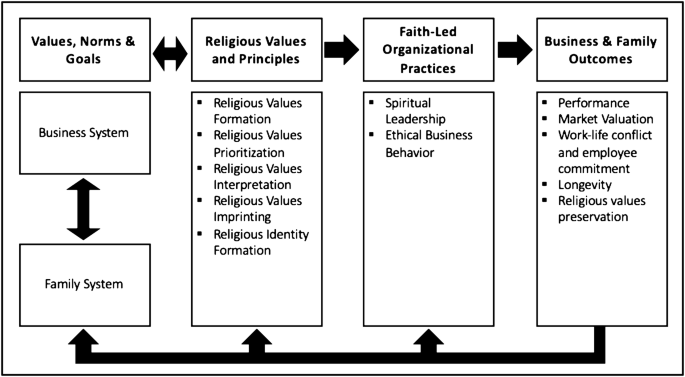Title: Exploring Interfaith and Ecumenism – Transcending Religious Boundaries for a More Spiritual Future
Religion has been an essential part of human existence since ancient times. It provides a sense of purpose, belonging, and direction to people’s lives. However, with the rise of globalization and multiculturalism, the world has become an increasingly diverse place. This diversity has given birth to interfaith and ecumenical movements that seek to transcend religious boundaries for a more spiritual future.
In this blog post, we will explore the concept of interfaith and ecumenism, their differences and similarities, their significance in today’s world, and their potential for shaping a more spiritual future.
What is Interfaith?
Interfaith refers to the dialogue and cooperation between people of different faith traditions. It is a movement that aims to promote understanding, respect, and harmony between religions that have traditionally been in conflict. Interfaith meetings bring together people from diverse religious backgrounds to learn about each other’s beliefs and practices and to work together on common goals.
What is Ecumenism?
Ecumenism is similar to interfaith, but it specifically refers to the movement to promote unity and cooperation between different Christian denominations. It aims to overcome the divisions that exist between the various branches of Christianity and to work towards a common goal of spreading the message of Christ.
Differences and Similarities
The primary difference between interfaith and ecumenism is that interfaith involves cooperation and dialogue between different religions, while ecumenism focuses on Christian denominations. However, both movements share a similar goal of promoting unity and cooperation between people of different religious traditions.
Significance in Today’s World
In today’s world, where globalization and multiculturalism are becoming increasingly prevalent, the need for interfaith and ecumenical dialogue is more critical than ever. These movements can help to promote mutual understanding and respect across religious boundaries, mitigate conflicts, and foster a sense of shared purpose and cooperation.
Potential for a More Spiritual Future
Through interfaith and ecumenism, people can transcend religious boundaries and work towards a more spiritual future. They can recognize the commonalities between different religions and focus on the shared spiritual values that underlie them. This can lead to a more profound sense of community and strengthen the spiritual fabric of society.
Conclusion
Interfaith and ecumenism are movements that seek to transcend religious boundaries for a more spiritual future. They promote understanding, respect, and harmony between people of different religious traditions and work towards a common goal of promoting unity and cooperation. In today’s world, where diversity is increasingly prevalent, these movements’ potential for shaping a more spiritual future is more critical than ever. By recognizing the commonalities between different religions, people can work together towards a shared spiritual purpose.











